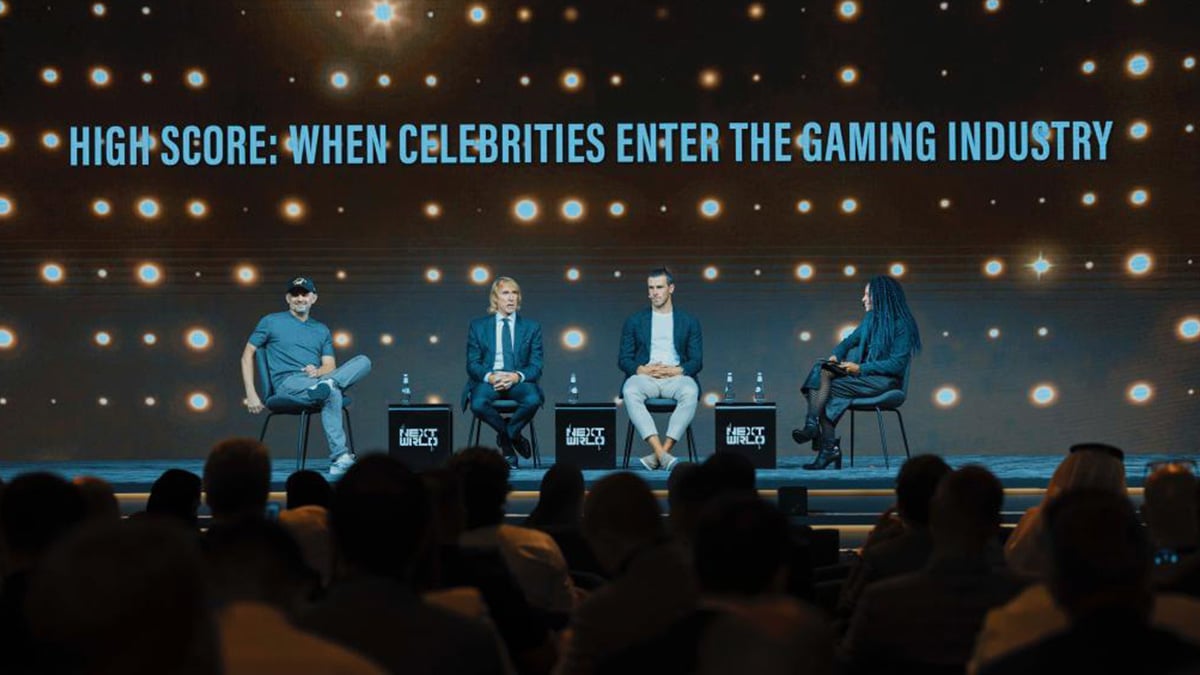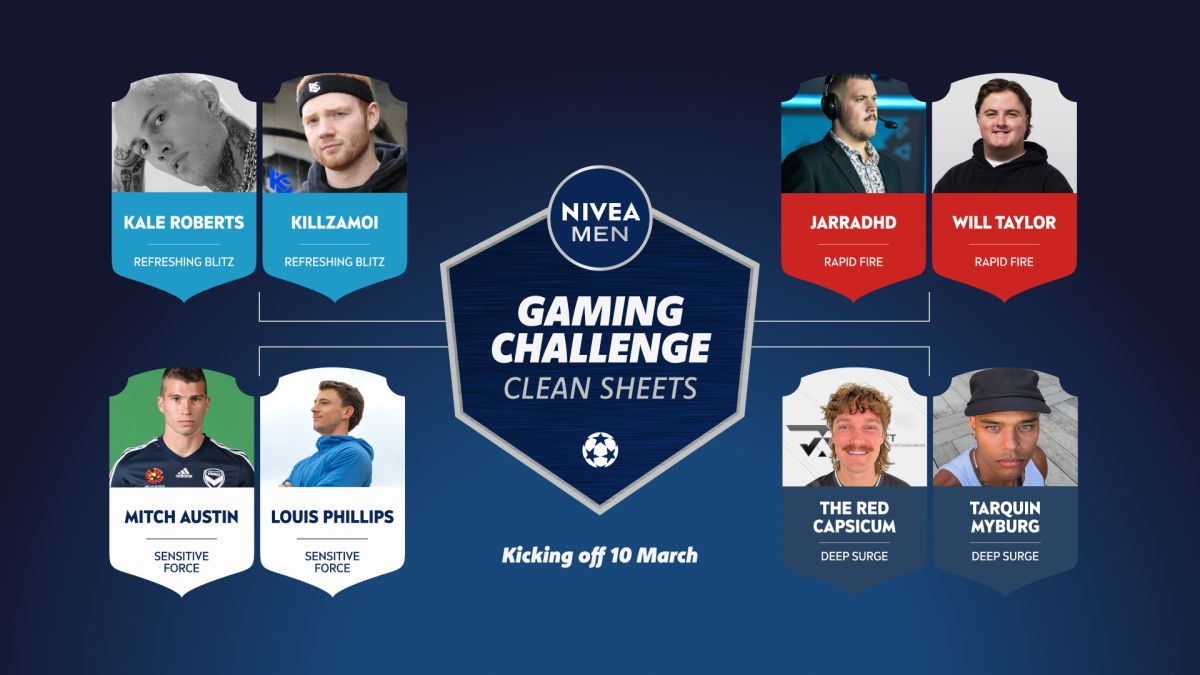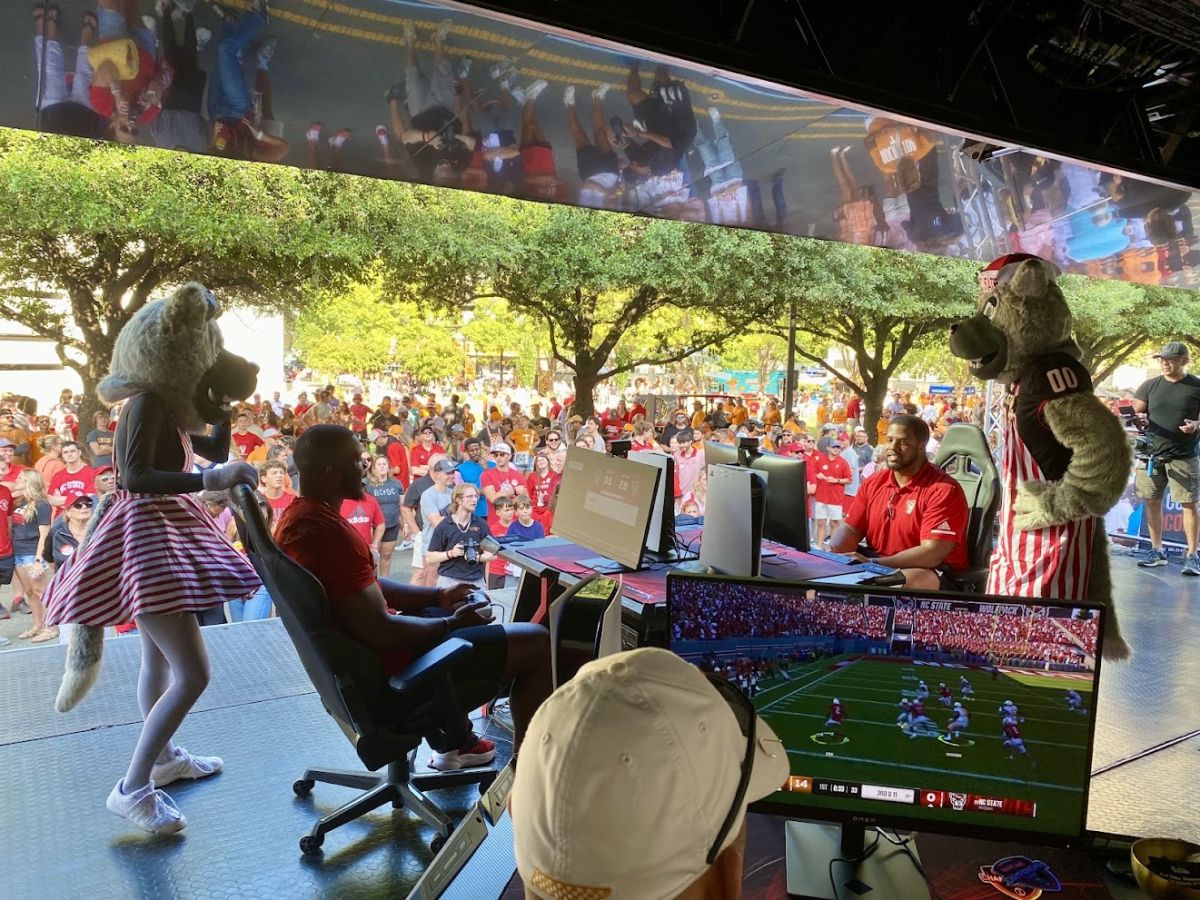This article is sponsored by Gamers8.
The Next World Forum, held on Aug. 30 and 31, offered two days full of ideas, discussion, and business surrounding gaming and more. It notably featured former soccer pro Gareth Bale, who gave his take on esports and the industry.
Bale, an esports investor and enthusiast—and a five-time winner of the Champions League with Real Madrid, of course—appeared on an opening day panel called “High Score: When the Celebrity Begins to Play in the Industry.”
“Never say never,” Bale said when asked if esports athletes could become more popular than soccer players with the public and sponsors. “The scope is so big. Esports is definitely catching up with real football, and that’s not a bad thing. It gives kids a lot more opportunities to do what they want.”
“Since I’ve had the opportunity to invest in esports, it’s been really good,” Bale added. “It’s been nice to invest and give opportunities to others. Virtual reality is becoming the next best thing to the real thing.”
For a former soccer pro, and one of such huge renown, to say that is striking. It is also proof of how far the gaming and esports industry, with a global worth reportedly estimated at around $170 billion, has come.
The statistic that gaming and esports are reportedly worth more than double the film and music industries combined—around $80 billion and $30 billion, respectively—still comes as a surprise to some outside of these realms. Bale’s comments, however, made me wonder what the comparison was with soccer, widely considered not just “the beautiful game,” but “the global game.”
Granted, soccer is perhaps more fragmented and competitive than gaming, esports, film, and music, but the Deloitte 2023 Annual Review of Football Finance reported that the European soccer market grew seven percent to $31.7 billion over the 2021/22 season.
The leading independent review of the business and finances of European professional soccer also claimed the “big five” European leagues—of which Bale starred in the two biggest, England and Spain—generated record aggregate revenues of $18.5 billion.
Impressive? Absolutely. But that’s still, and very interestingly, considerably short of the reported global sums in gaming and esports. This is, of course, not a competition—all of soccer, music, film, gaming, and esports bring incredible joy and entertainment to the world. It is very striking, though, just how popular the gaming industry has become without anywhere near the same mainstream media attention.
Gaming consumption in Saudi Arabia is projected to surge to $6.8 billion by 2030 and is expected to grow at a compound annual growth rate (CAGR) of 22 percent through 2030 from $959 million in 2020. That is why events such as the Next World Forum are so important in ensuring that popularity is fully captured in every aspect of the esports ecosystem.
Hosted at the Four Seasons Hotel Riyadh at Kingdom Center, Next World Forum brought more than 2,500 delegates from the global gaming and esports community together to discuss the development of the vibrant and collaborative ecosystem.
In addition, the forum followed the phenomenal success of the second edition of Gamers8. Across eight weeks in July and August, Gamers8 cemented its reputation as not only the biggest gaming and esports festival in the world, but a unique, fully legitimate, and much-longed-for part of the industry’s global calendar.
Both Gamers8 and Next World Forum have strongly furthered Saudi Arabia’s gaming and esports ambitions. Regardless of whether esports athletes become more popular than soccer stars in the future, its ultimate goal is to be a global hub for gaming.












Published: Sep 11, 2023 12:14 pm